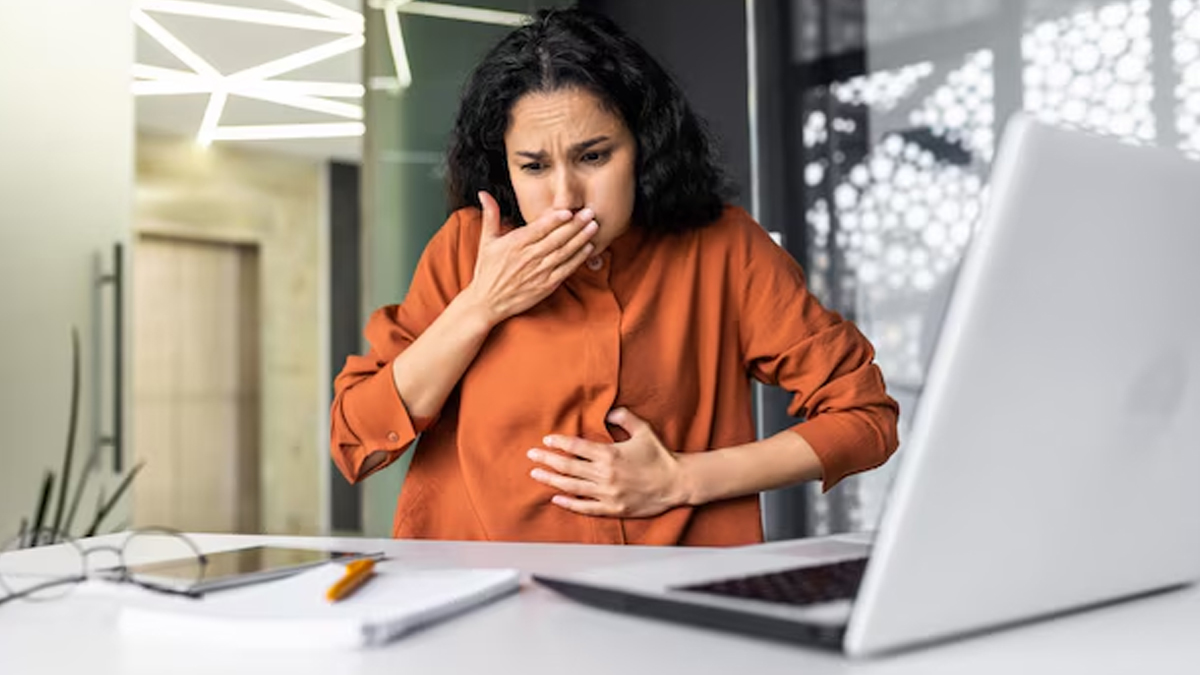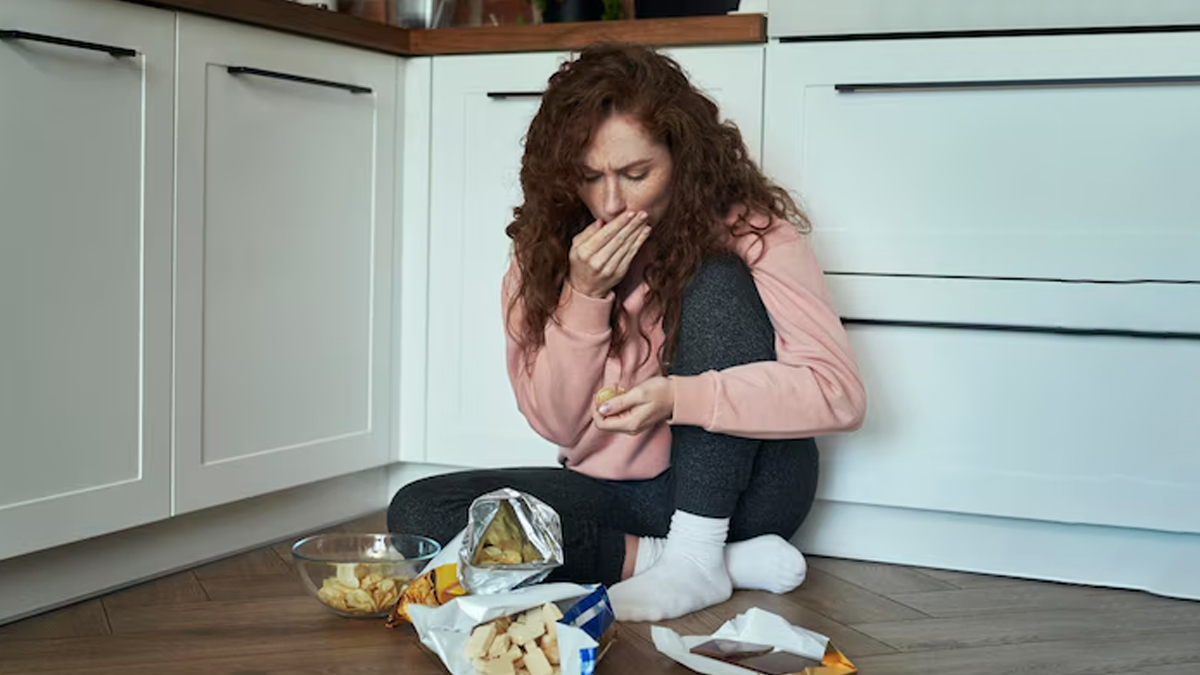
Food poisoning, also known as foodborne illness, is usually associated with eating contaminated food or drinking unsafe water. It can be caused by bacteria, viruses, parasites, or harmful chemicals. But did you know that in some cases, it can also spread from person to person? According to Dr Manoj Gupta, Head of Liver Transplant and Surgical Gastroenterology, PSRI Hospital, Delhi, this depends on the type of germ involved and the hygiene practices followed at home.
Table of Content:-
Is Food Poisoning Contagious?

“Yes, food poisoning can sometimes spread from person to person, depending on the type of infection involved,” says Dr Gupta. While not all types of foodborne illness are contagious, several are, especially those caused by viruses or certain bacteria.
“For example, if someone with food poisoning has poor hygiene, such as not washing their hands after using the toilets, they can pass the germs to others by touching surfaces, sharing utensils, or handling food. This form of transmission is called the faecal-oral route.”
In simple terms, germs can spread through unwashed hands, shared household items, or contaminated surfaces, especially in close living spaces.
Also Read: Monsoon Maladies: Expert Shares 7 Foods To Absolutely Avoid
Which Types of Foodborne Illnesses Are Most Contagious?

Among all foodborne infections, viral ones are the most contagious. Dr Gupta explains, “The most contagious types of foodborne illnesses are those caused by viruses, especially norovirus and hepatitis A. Norovirus is extremely infectious and can spread rapidly in homes, schools, and restaurants.”
Norovirus can travel via contaminated food, water, surfaces, or even airborne particles from vomit. Hepatitis A, on the other hand, spreads through the faecal-oral route and can be passed on by an infected person handling food without washing hands properly.
Other contagious pathogens include:
- Shigella bacteria, which spread easily between people
- Salmonella in some cases, if hygiene is poor
These illnesses require very few germs to infect someone—making them a public health concern, especially in group settings.
Precautions To Take If Someone Has Food Poisoning At Home
If someone in your household is sick, hygiene becomes your first line of defence. According to Dr Gupta:
“The infected person should use a separate bathroom if possible. Everyone in the household should wash their hands frequently, especially after using the toilet, before eating, and after cleaning up after the sick person.”
Additional precautions include:
- Clean kitchen and bathroom surfaces regularly with disinfectant.
- Wash the infected person’s clothes, towels, and bedsheets separately in hot water.
- Avoid sharing food, drinks, or utensils.
- The sick individual should not prepare meals for others until fully recovered.
Also Read: Why Is Immunity Low in the Rainy Season? Tips to Build Immunity Ahead of Monsoon
How Long Should Someone Stay Home After Recovery?

Even after symptoms like vomiting and diarrhoea go away, a person can still be contagious. “A person who has had food poisoning should generally stay home for at least 48 hours after their symptoms, especially vomiting and diarrhoea, have completely resolved,” advises Dr Gupta.
This is because the infectious germs may still be present in their stool. Returning to work, school, or daycare too early could risk spreading the illness to others.
Are Children More Vulnerable?
Yes, kids are more prone to catching foodborne illnesses. “Children are often at a higher risk... Their immune systems are still developing, which makes them more susceptible to infections,” says Dr Gupta.
Young children may also struggle with proper hygiene, like thorough handwashing, which increases their risk of catching and spreading infections. If one child is sick, try to minimise contact with siblings and reinforce good hygiene habits across the household.
Conclusion
While not all cases of food poisoning are contagious, several types—especially viral infections like norovirus and hepatitis A—can spread quickly through poor hygiene. Practising handwashing, surface cleaning, and isolation during illness are simple yet powerful ways to protect your household. And remember, even after the worst symptoms pass, staying home a little longer can prevent others from falling sick.
Also watch this video
How we keep this article up to date:
We work with experts and keep a close eye on the latest in health and wellness. Whenever there is a new research or helpful information, we update our articles with accurate and useful advice.
Current Version